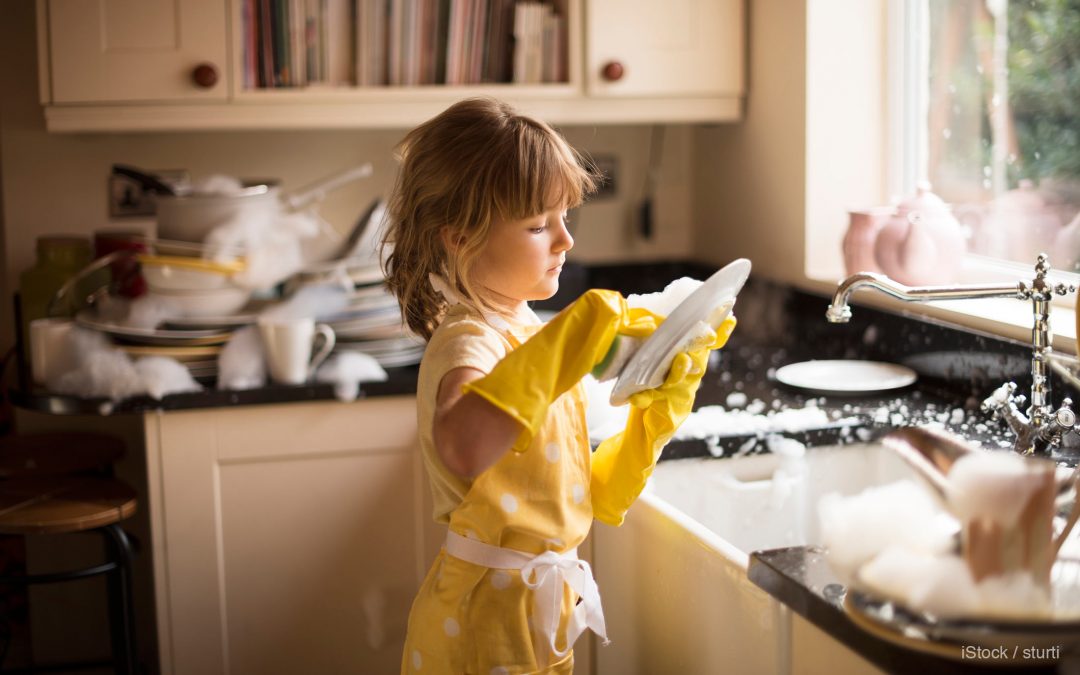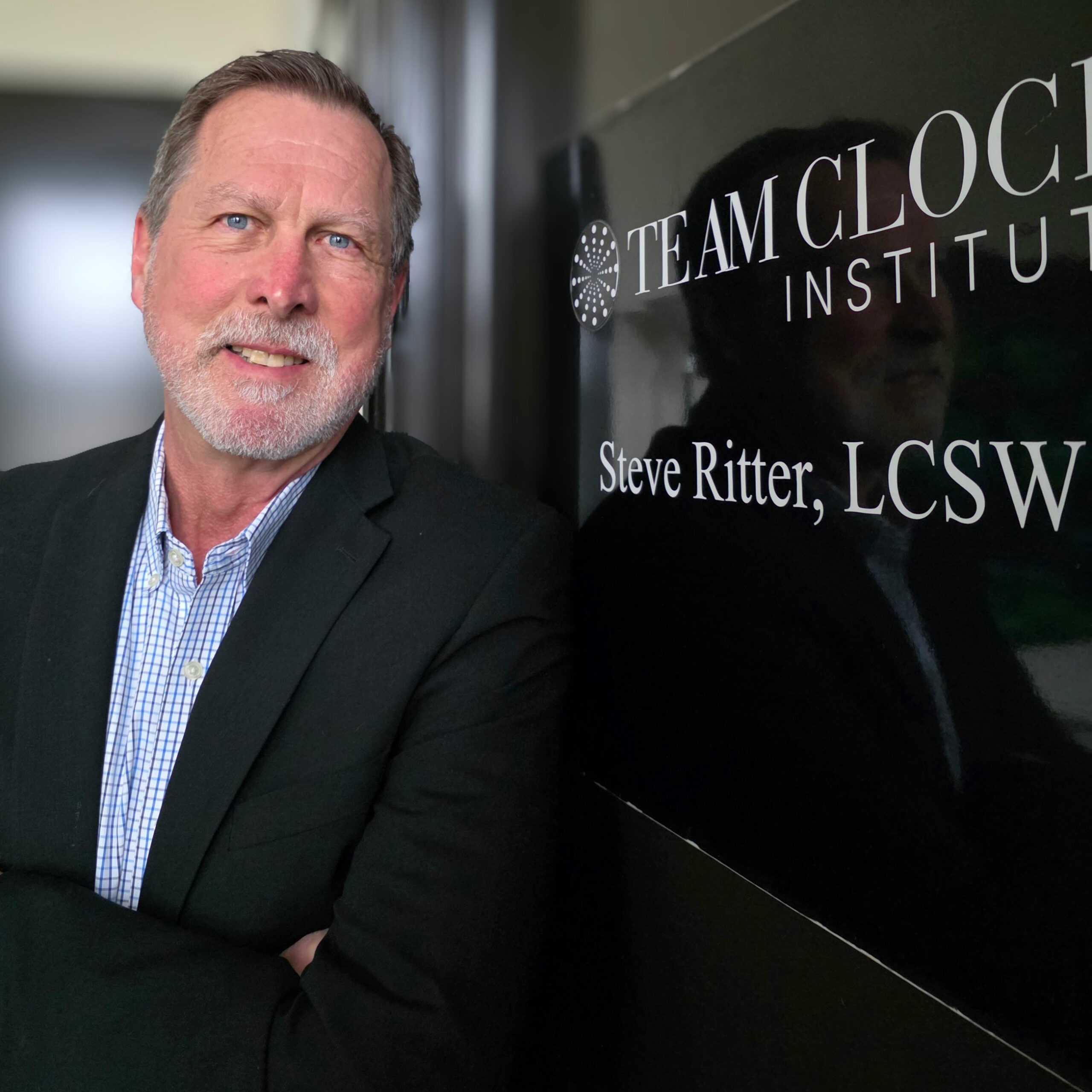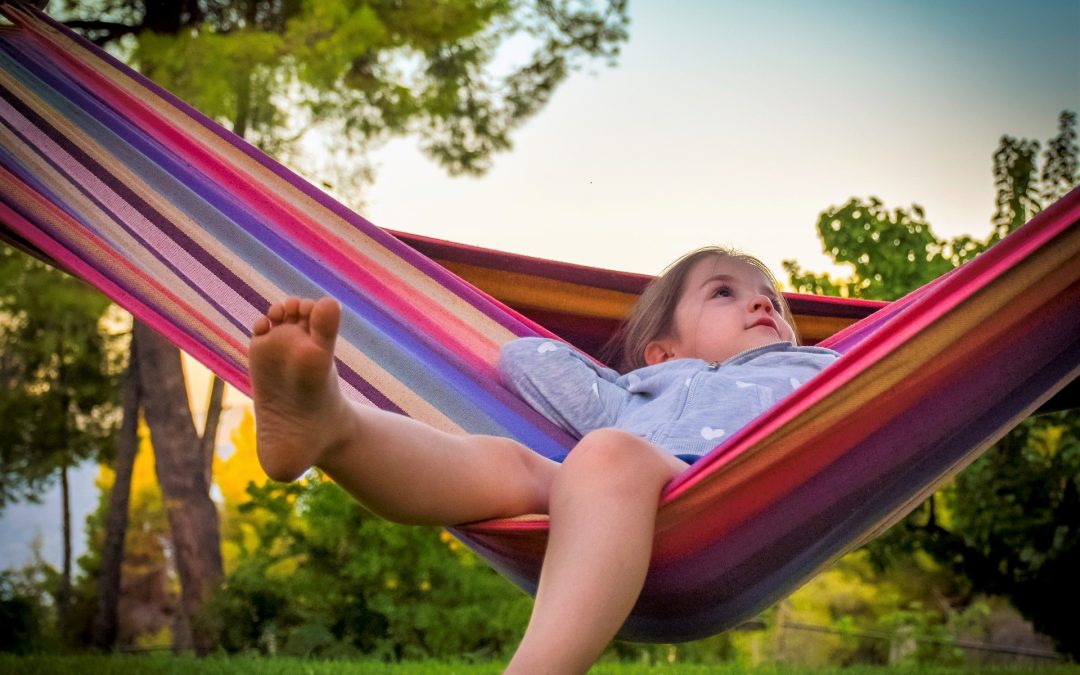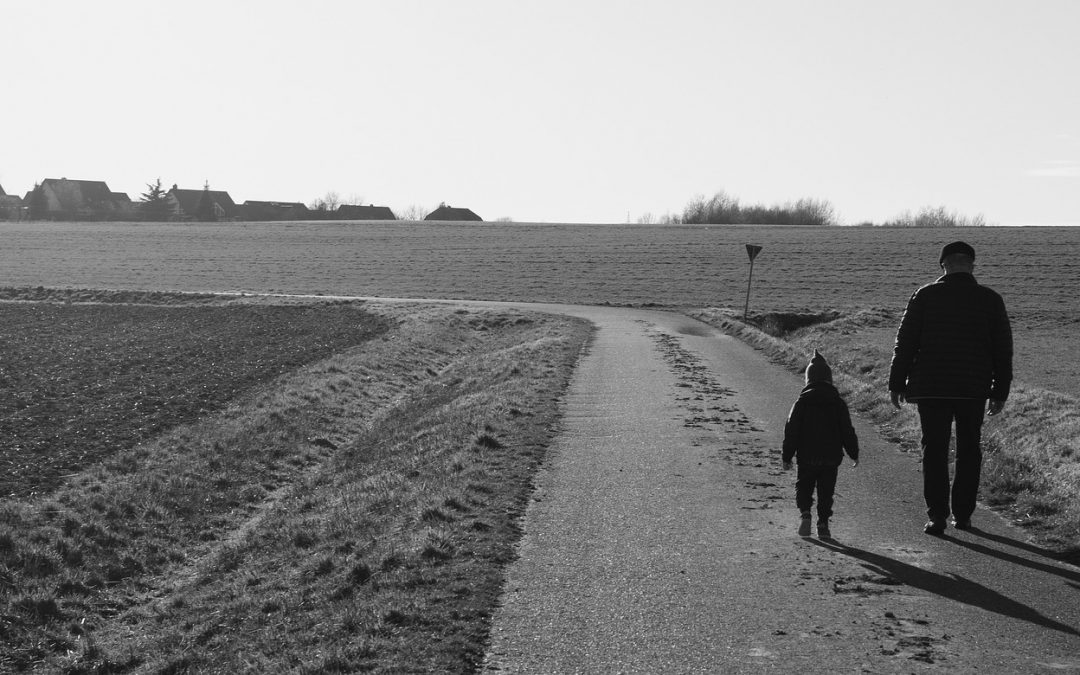
Squeeze the Sponge
Imagine your child as a sponge. Imagine all the things you model as a parent in a puddle. Now squeeze the sponge and place it at the edge of the puddle. Release your grip on the sponge. Let it fill with whatever is in the puddle. The earliest lessons our children learn in life are the result of modeling.
These lessons are not communicated verbally. They are absorbed in the day-to-day observations our kids inhale around the clock. Their five senses are locked in and depending on their developmental maturity at the moment of the lesson, realities are shaped. The older the kid, the better their ability to discern inconsistency. The younger the kid, the more likely the observation will be infused into their identity unchecked.
It is imperative that parents choose the ingredients of the puddle.
- Whether you are more attentive to your child or your laptop when they recount their day.
- The mood that fills the home when you arrive home from a challenging work day.
- How you manage the stress of balancing domestic responsibilities with your career.
- The way you respond to an unfair call from a referee when your kid’s goal is disallowed.
- How you prioritize attendance to school conferences, sporting events, and music performances.
- The way one parent steps up and covers logistics when the other parent is traveling.
You get it. The ethics we teach are rarely in the lectures we deliver. They are almost always acted out in the way we live. Our kids are watching attentively and are almost certain to carry their learnings into their adult relationships. They’ll either replicate the values they’ve seen practiced by their most important role models, or they’ll pursue the opposite once they discover that words and actions don’t match.
Try the ‘minivan rule’ (quietly observing the conversations between your kids and their friends on the way home from an event). Your kids will say things reflecting the views and language they’ve witnessed in the home. At first it seems uncanny until you realize you’ve shaped mini-adults in your minivan.
Everything counts. Because we’re human and because raising kids doesn’t come with an instruction manual, you’re allowed to screw up. It’s the most consistent experience that imprints. They are the sponge and you are the puddle.

About the Author
Steve Ritter, LCSW is the Founder and Executive Director of Elmhurst Counseling. He has served as a teacher, author, consultant, human resources director, health care administrator, and licensed clinical social worker since 1977. A fellow of the American College of Healthcare Executives, Steve has provided coaching, therapy and team development services to thriving schools, businesses and organizations.






